Many of us love a classic Disney Princess movie.
From Walt’s original princess, Snow White, to Cinderella, Aurora, Ariel, Belle and beyond, the idea that two people meet, fall in love, and live happily ever after is strong in Disney movies — and the fairytales many of them are based on.
But is believing in the fairytales harmful? Some scientists say so. Researchers at the University of Exeter have come to the conclusion that the “Disneyfied protrayals of love” many children are exposed to can cause them to form unhealthy ideas of what a good relationship looks like.
After surveying teens and relationship counselors, the researchers decided that children need to be taught that relationships require work and don’t “just happen.”
“While young people’s families were seen as the primary source of learning about healthy relationships, there was clear support for schools’ role to augment this, as not all families exhibit healthy relationships,” said Dr. Jan Ewing, one of the researchers who conducted the study. “Relationship professionals thought … that schools had a critical role in teaching and embedding critical skills around initiating and maintaining a healthy relationship.”
The researchers said that teaching students that relationships require work is a public health matter, and pointed out that problem relationships are associated with problems such as alcohol misuse, obesity, poor mental health, and child poverty.
What do you think? Do “Disneyfied” portrayals of love affect children negatively? Let us know in the comments below!
25 Dates to Consider When Planning Your 2023 Disney World Vacation
Have you SEEN what’s new in our merch store?! Click here to shop our fun graphic tees! We just launched a new design inspired by Princess Tiana!
Keep following DFB for the latest Disney news!
Join the DFB Newsletter to get all the breaking news right in your inbox! Click here to Subscribe!
WE KNOW DISNEY.
YOU CAN, TOO.
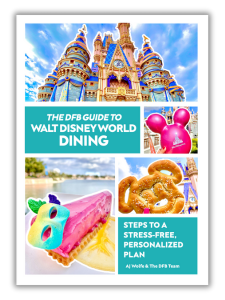
Oh boy, planning a Disney trip can be quite the adventure, and we totally get it! But fear not, dear friends, we compiled EVERYTHING you need (and the things to avoid!) to plan the ULTIMATE Disney vacation.
Whether you're a rookie or a seasoned pro, our insider tips and tricks will have you exploring the parks like never before. So come along with us, and get planning your most magical vacation ever!


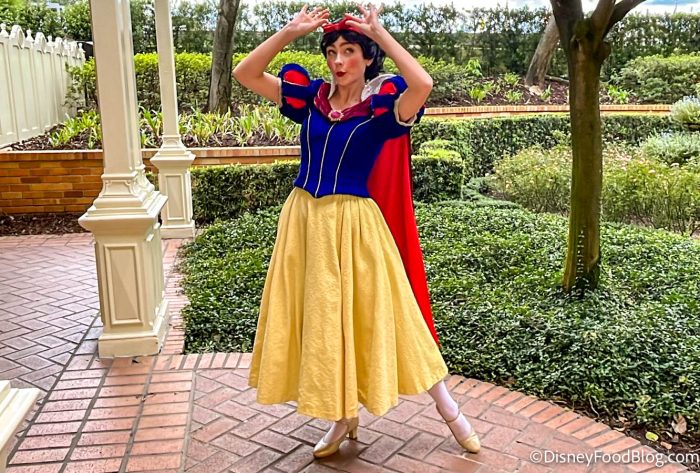
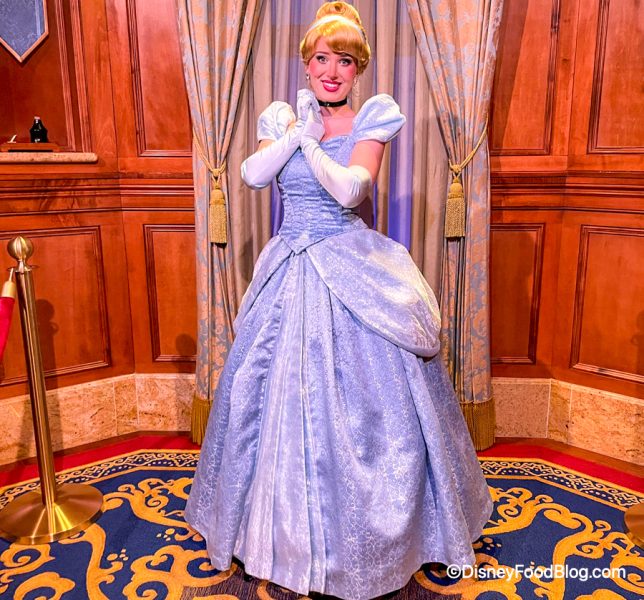
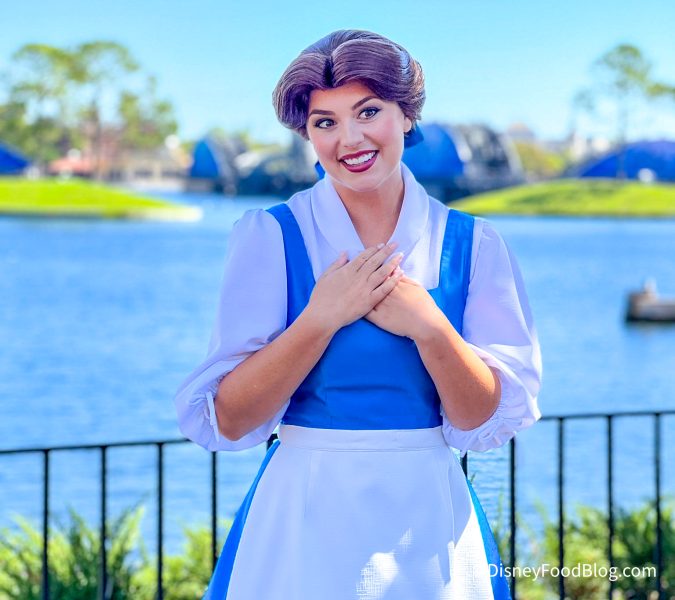
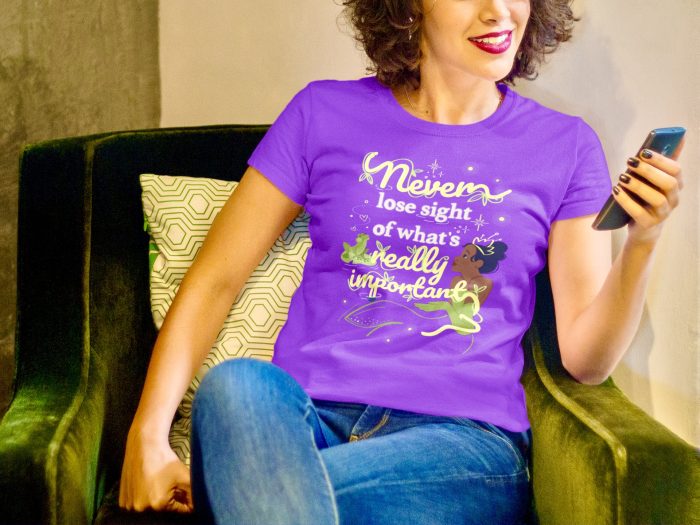



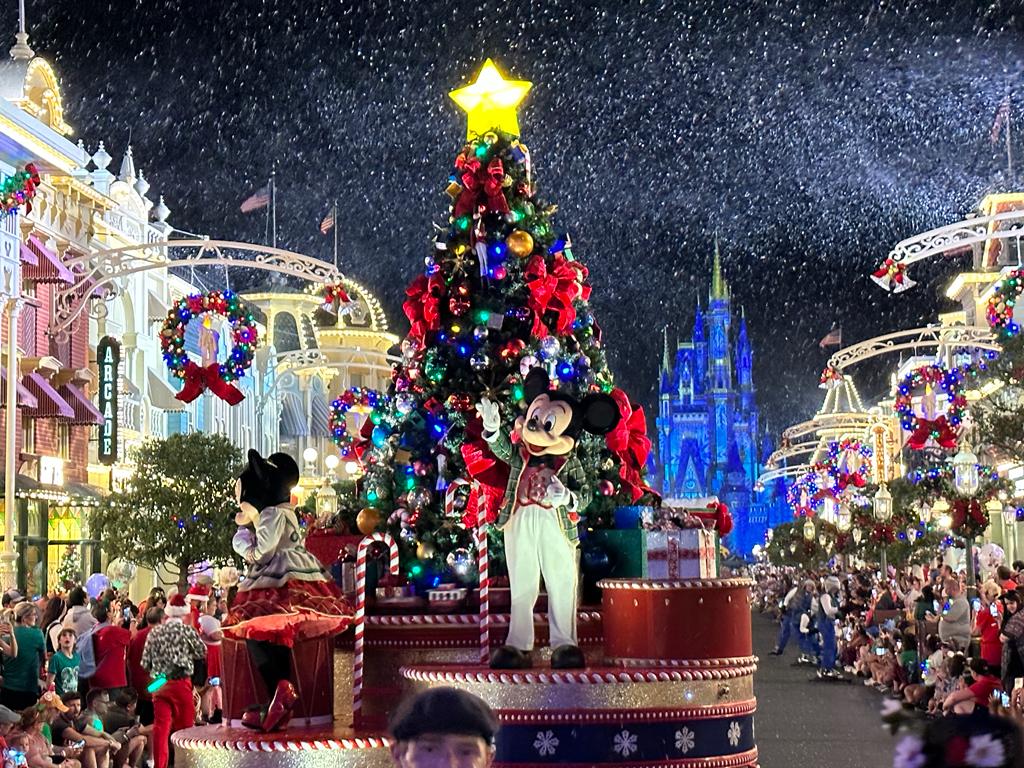




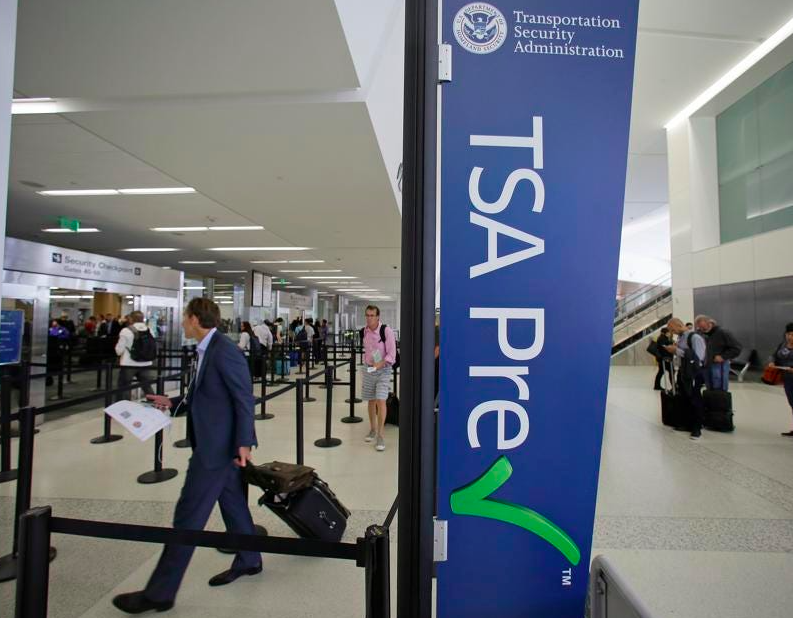
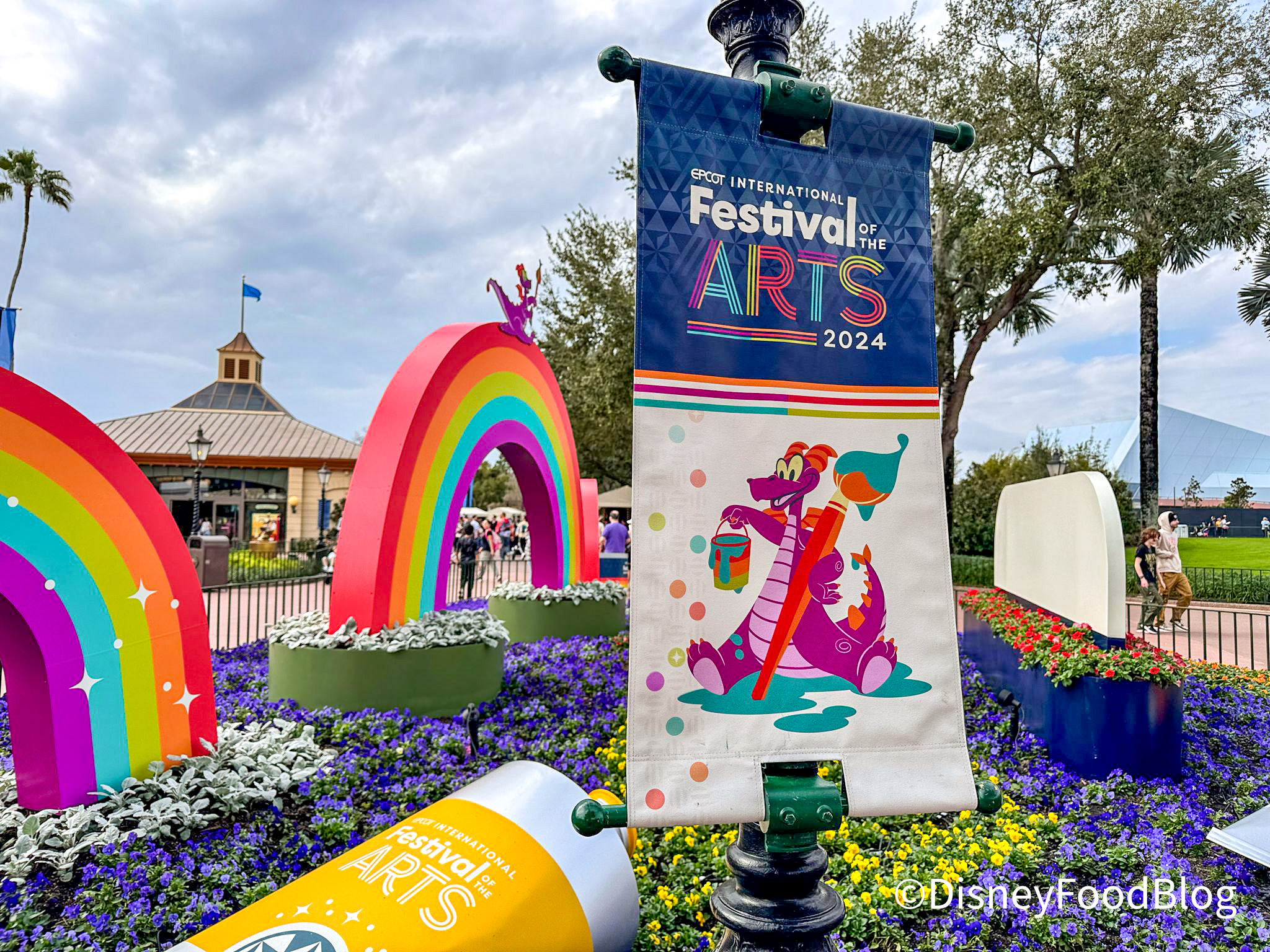










 Our handy (and portable!) ebook guides make sure you get the best deals and can plan a vacation of a lifetime.
Our handy (and portable!) ebook guides make sure you get the best deals and can plan a vacation of a lifetime.

Belle’s not really a good example of this — her relationship took a LOT of work. We’re shown her and Beast taking months to just learn to get along. The others in the article, sure; though it is lightly implied that Snow White and her prince had been meeting in secret for some time, we don’t actually see them work through any problems.
I think that without guidance from parents, this could be an issue. However, I believe with the guidance of their parents, children can learn to appreciate the sweet fairy tales and understand that that’s just what those stories are–fairy tales. And that through the example of mom and dad, the children can see that relationships do take work.
Enchanted is another example that breaks the usual format, so is Tangled up to a point.
I’m sorry, I think all the reality tv kids watch that has made relationships into weekly drama are WAY more harmful then fairytales that show people being with one person and not “playing the field”
I was a children’s librarian. These are fairytales. Kids also read YA books and novels which depict real world issues and relationships. The key is age appropriate materials. They also read comic books and graphic novels and see Marvel.movieswhich frequently depict adult relationships which require work (See Tony Stark.and Pepper Potts). I suspect romance novels are more likely to support unrealistic views of love, particularly the Inspirational ones.
Honestly? These researchers need lives.
Belle and Beast, Mulan and Li Shang, Pocahontas and John Smith, Anna and Kristof, Rapunzel and Flynn Rider, Tiana and Prince Naveen, Jasmine and Aladdin, Lady and the Tramp, Simba and Nala, the list goes on and on. Geez, you would think the researcher could find something more important to look into.
They are fairytales! Oh Brother!!! Just let it be what it is!! Always an expert in this or that being critical of this or that. Just leave it alone! So many ridiculous people with ridiculous notions. Here’s an idea, let the parents raise their children. Wait! What did I just say!? Let parents raise their children!? That’s absurd! I have 4 kids who grew up on Disney stories, fantasies, and theme parks. None of them were misguided or damaged emotionally due to them enjoying the fairytales of Disney characters as they grew! This is so laughable!!!!!!
These are fairytales. Kids who are young enough that they still believe in them, as well as Santa and the Easter Bunny, should be allowed to believe. They will see enough of what “real” relationships are like as they grow up. Parents should explain how relationships work when giving their kids “the talk” later in their childhoods. Why throw all these adult contexts at a five-year old when they are too young to understand?
Retired youth services librarian here. I totally agree that people can have unrealistic expectations of love and marriage, but to blame it on Disney stories? Pffft! Fairy tale romances have been around for many hundreds of years, and romance novels were always in high demand among adults in my library system. Young adult books tend to give a more realistic view of the ups and downs of relationships, and that not all of them end “happily ever after.” TV is filled with unrealistic romance stories (looking at you, Hallmark Channel). I doubt these scientists would be getting much attention had they not labeled their research report with Disney’s name. Kids need the adults in their lives to model good relationships and not shy away from letting them know that there will be difficult parts in any marriage or long-term partnership.